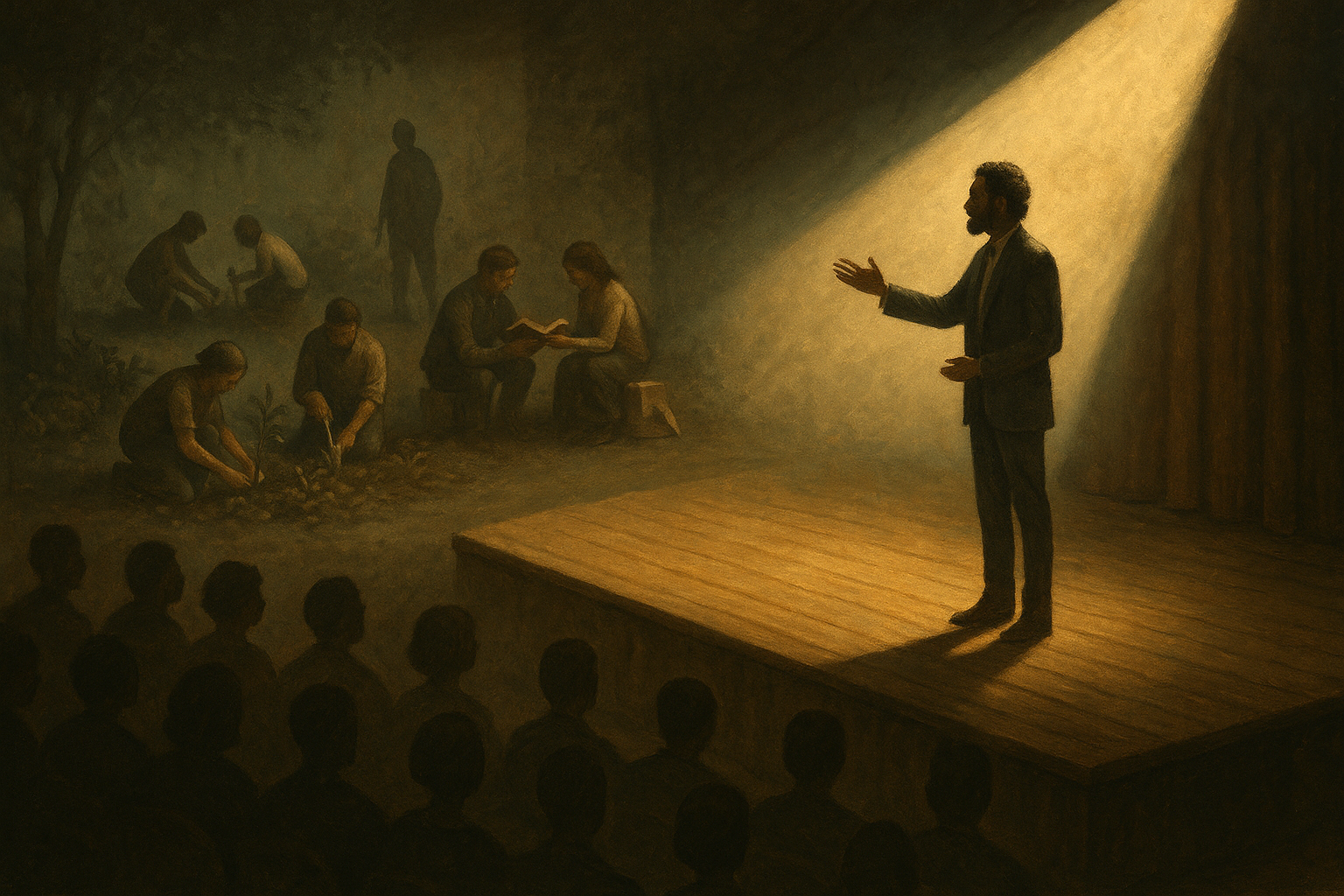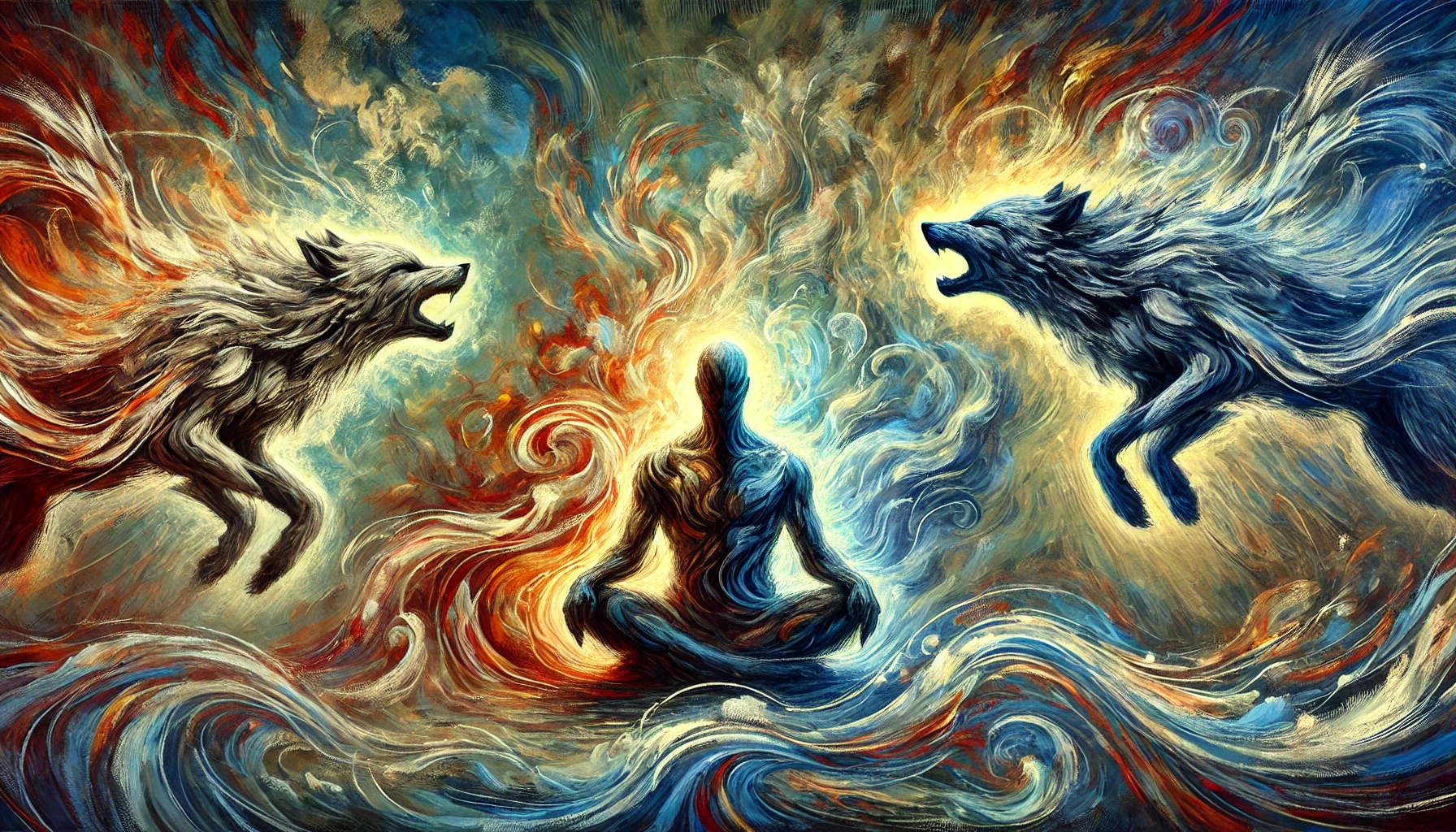In a world flooded with curated narratives and pre-approved truths, it’s more important than ever to ask the inconvenient questions — especially when those in the spotlight seem to speak for the underdog. What follows is an exploration of the contradictions and complexities behind celebrity activism, framed not through reaction but through reflection, resistance, and a firm commitment to discernment.
Tag: media manipulation
We live in a world woven with stories — narratives we inherit, absorb, and repeat without a second thought. But every now and then, someone stops, looks closer, and pulls at the thread. This conversation is about one of those threads — diamonds. The stories we’ve been told about them, the systems built to keep those stories intact, and the deeper machinery that perpetuates illusion in the name of power, control, and profit. Let’s drill down.
History is written not just by those in power but by those who dare to observe, question, and document events as they unfold. Writers, like Orwell, act as both record keepers and truth tellers — capturing moments that might otherwise be lost to manipulation and distortion. But what happens when the truth itself becomes a battleground? In an era where deception is refined into an art form, the role of the writer has never been more crucial.




